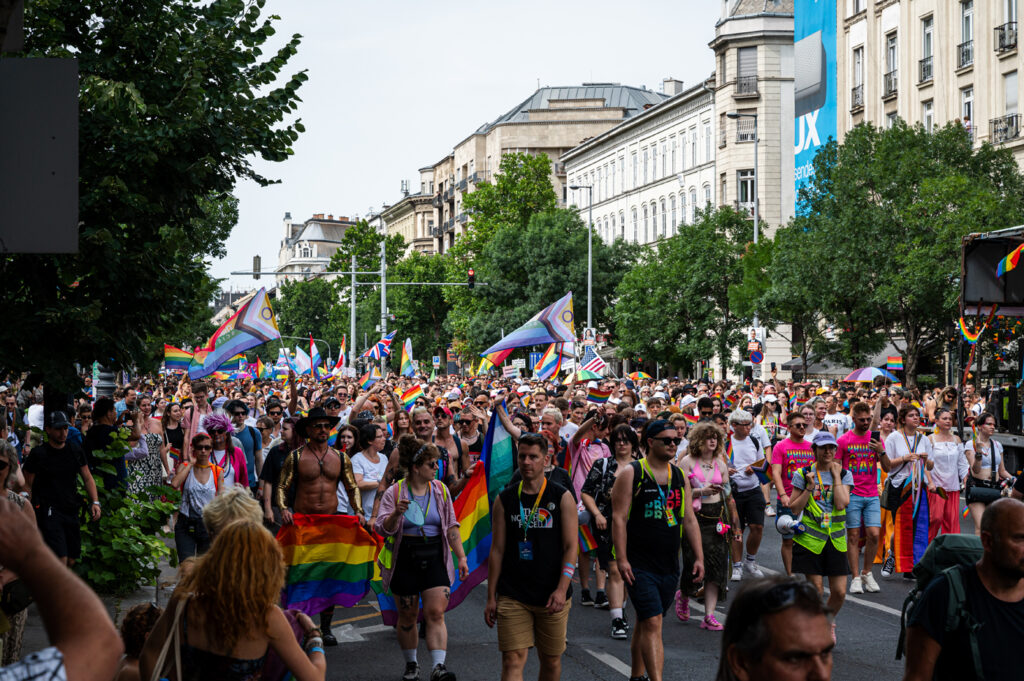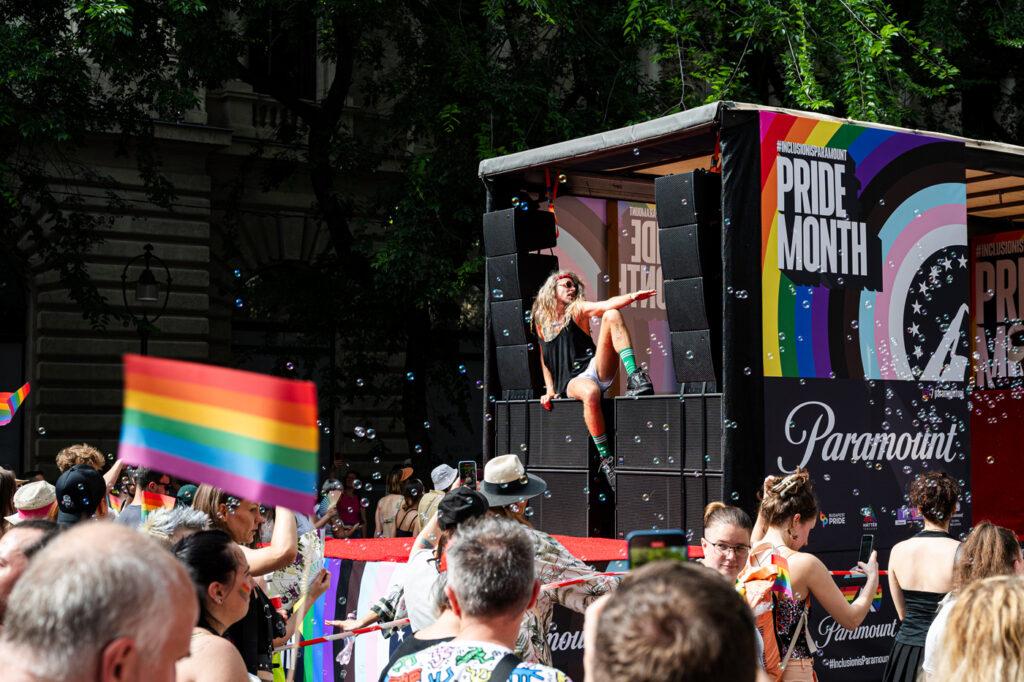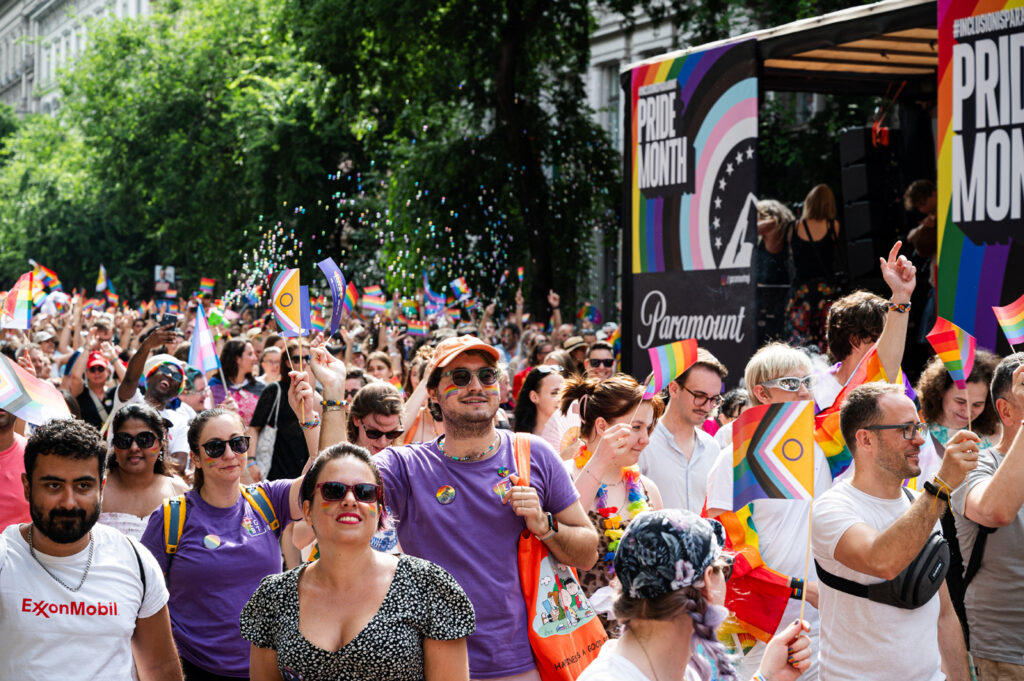This year, Budapest Pride marks its 30th anniversary with a community festival and a march under the slogan “Itt(hon) vagyunk” (“We are here/home”). This powerful message highlights that LGBTQ+ people are an integral part of Hungarian society, countering claims that diversity is a foreign ideology or propaganda.

The festival, running from June 6 to 29, 2025, offers a diverse and inclusive program. Highlights include an international human rights conference focused on the successes and challenges of the LGBTQ+ movement in Central and Eastern Europe. Additionally, a special literary anthology featuring contemporary Hungarian authors will celebrate the voices of the country’s queer community.

The iconic Pride march will take place on June 28, a symbolic date honoring the Stonewall riots, the cornerstone of the global LGBTQ+ movement. Organizers promise a memorable celebration, reflecting on three decades of struggle, progress, and hope, while paying tribute to Hungary’s roots and culture.

Budapest Pride is more than an urban festival; it’s a declaration of existence for LGBTQ+ people across the country, from remote villages to bustling cities. Together, they remind us that equality is a fundamental right—for everyone, everywhere.
Find out more at www.budapestpride.com.
This article was inspired by a story originally published on Humen Online, a leading platform highlighting LGBTQ+ experiences and perspectives in Hungary.
Vous aimerez aussi
-

Queens of the South: When Nice Turns Carnival into Queer Celebration
On 27 February 2026, Place Masséna in Nice will shimmer a little brighter. Lou Queernaval,
-

Cœur de pirate at AB: the runaway pop of a queer icon lands in Brussels
A major figure in Francophone pop and an outspoken voice in the queer community, Cœur de pirate
-

Safer on Paper, Not in Reality”: ILGA Warns of Rising Anti-LGBTQIA+ Violence in Belgium
Belgium still ranks among Europe’s most protective countries for LGBTQIA+ people on paper – yet
-

“March Is for the Queers”: Why You Should Put Queer March Ghent 2026 on Your Radar
Every March, Queer March turns Ghent into a month-long celebration of queer life, resistance, and
-

Six Charming Princes for Three Castles: LGBT Couples Rebuilding France’s Fairy‑Tale Landscape
First, there were princesses in towers waiting for some vaguely straight prince on a horse.

